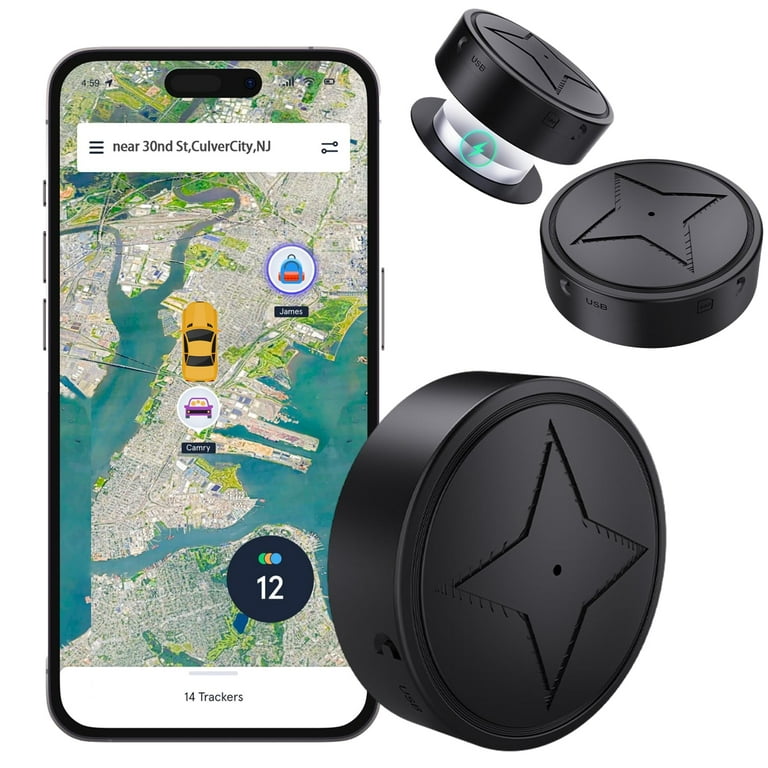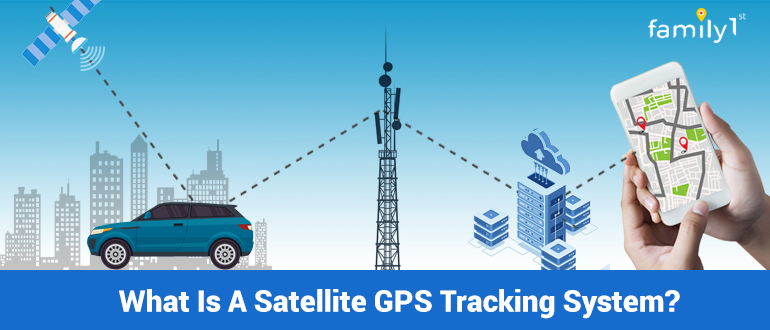Exactly How GPS Tracking Boosts Vehicle Security and Monitoring
Exactly How GPS Tracking Boosts Vehicle Security and Monitoring
Blog Article
Browsing the Future of GPS Monitoring: Technologies, Obstacles, and Opportunities Ahead
As we stand at the crossroads of social effects and technical advancements, the landscape of GPS monitoring is positioned for a transformative journey in advance. The advancement of GPS modern technology has actually been rapid, ushering in a brand-new era of real-time tracking capabilities that assure unprecedented levels of accuracy and performance. Nevertheless, with wonderful innovation comes wonderful responsibility, as data privacy issues impend big and protection obstacles in general practitioner monitoring raising pertinent questions regarding protecting sensitive details. Yet, in the middle of these obstacles lie hidden opportunities waiting to be checked out, supplying a look right into the untapped potential of a market at the brink of modification.
Development of GPS Innovation
The Development of GPS Technology has been noted by significant developments in precision, insurance coverage, and efficiency for many years. Originally established for army purposes, GPS innovation has actually progressed to become an ubiquitous tool in different markets, including transportation, logistics, agriculture, and personal navigating. Early GPS systems were identified by limited insurance coverage, lower precision, and bulkier equipment needs. However, with recurring technical developments, GPS has transitioned to more effective and precise systems that use global insurance coverage and boosted accuracy.
One key milestone in the evolution of GPS innovation was the development of Careful Accessibility (SA) in the 1990s, which intentionally weakened the precision of private GPS signals. As General practitioner modern technology continues to develop, we can expect additional improvements in accuracy, effectiveness, and insurance coverage, opening up brand-new possibilities for innovation and applications throughout different industries.
Real-Time Tracking Developments
Structure on the advancements in GPS innovation that have actually changed precision and insurance coverage, real-time tracking has emerged as a pivotal area of innovation with extensive effects across numerous industries. Real-time monitoring innovations make it possible for companies and companies to check automobiles, properties, and employees instantly, offering useful insights for decision-making processes - gps tracking. By leveraging real-time data, companies can improve operational effectiveness, boost customer support, and ensure the security and safety of their properties
Among the essential innovations in real-time monitoring is the integration of synthetic intelligence and artificial intelligence formulas, which make it possible for predictive analytics and anomaly detection. These capabilities enable positive maintenance scheduling, course optimization, and threat reduction methods. The advancement of real-time monitoring systems has led to the development of personalized dashboards and mobile applications, equipping individuals to accessibility essential information anytime, anywhere.
Information Personal Privacy Worries

Information privacy issues incorporate different aspects, including the storage, sharing, and retention of location data. Services need to implement durable safety and security actions to protect general practitioner monitoring information from cyber dangers and data violations. Clear policies relating to data collection practices and the purpose of monitoring are necessary to build depend on with consumers and make sure conformity with data defense regulations.

Safety And Security Difficulties in GPS Tracking
Attending to information personal privacy issues in GPS monitoring is elaborately connected to alleviating the protection tests that occur from possible susceptabilities in the modern technology. One of the main security obstacles in GPS monitoring is the threat of unapproved accessibility to delicate location information.

An additional safety and security obstacle is the capacity for obstructing or spoofing GPS signals. By interfering or relaying false signals look here with legitimate ones, destructive actors can trick GPS receivers and manipulate area data. This postures risks not only for specific users but also for governmental and military applications that count on exact positioning information. Implementing robust encryption, verification procedures, and signal confirmation protocols are important actions in dealing with these security obstacles in GPS monitoring.
Emerging Opportunities in the Market
The burgeoning field of general practitioner monitoring technology presents a myriad of encouraging opportunities for sector growth and technology. One key opportunity depends on the development of general practitioner tracking applications past typical markets. Industries such as logistics, transportation, and fleet administration have been early adopters of GPS modern technology. Nevertheless, emerging opportunities are now arising in locations like healthcare, agriculture, and environmental monitoring. For example, GPS monitoring can change client care by allowing remote monitoring of important indicators and Read Full Article ensuring timely medical assistance. In agriculture, GPS technology can maximize plant monitoring practices and boost general yield. Ecological monitoring can benefit from GPS tracking by making it possible for real-time data collection for environment research study and conservation efforts.
An additional substantial possibility in the GPS tracking industry is the combination of sophisticated analytics and synthetic knowledge. By leveraging these innovations, services can acquire important insights from GPS data to improve functional performance, boost decision-making processes, and offer customized services to clients. Furthermore, the raising need for connected devices and IoT options offers a ripe chance for GPS monitoring firms to increase their offerings and produce ingenious options that satisfy a much more linked world. By utilizing on these emerging opportunities, GPS monitoring companies can place themselves for continual development and success in the dynamic landscape of the market.
Final Thought
In conclusion, the future of general practitioner monitoring is marked by constant evolution and innovation in modern technology. Real-time tracking innovations and emerging chances existing appealing leads for the sector. Information personal privacy problems and security obstacles continue to be significant obstacles that need to be dealt with. As the market moves on, navigating these difficulties will certainly be vital to ensure the ongoing development and success of GPS tracking modern technology.
With fantastic advancement comes terrific responsibility, as data personal privacy concerns loom large and safety and security challenges in General practitioner tracking raising significant concerns regarding safeguarding sensitive details.With the rapid expansion of GPS tracking innovation in various markets, attending to data privacy worries has come to be an important crucial for both see post consumers and services alike. The collection of location information through GPS monitoring increases significant privacy problems, as it enables the tracking of individuals' behaviors and movements. Services making use of GPS tracking must focus on safeguarding this data to avoid unapproved gain access to or misuse that can jeopardize individuals' privacy rights.
Companies need to apply durable safety and security steps to safeguard GPS monitoring data from cyber dangers and data violations.
Report this page